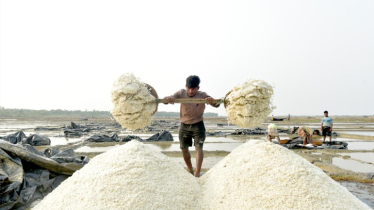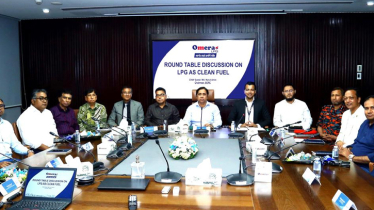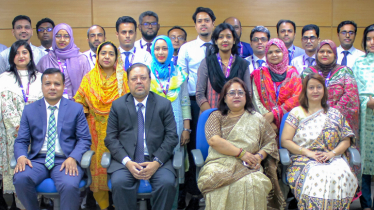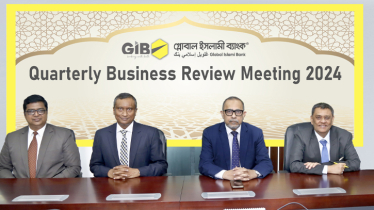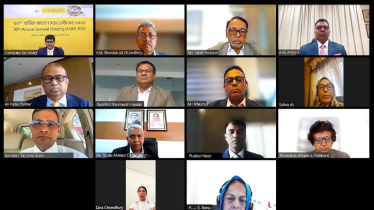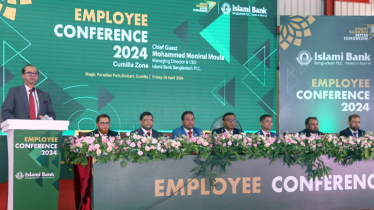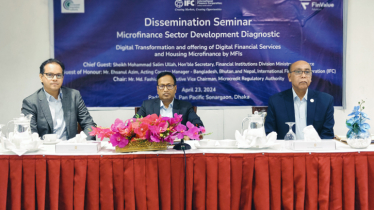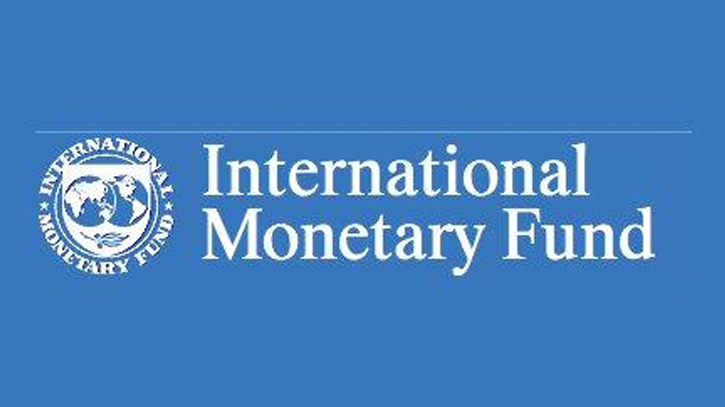
Photo : Collected
The tax burden on the middle class may increase in the upcoming FY25 budget as the revenue board is positively considering the International Monetary Fund’s (IMF) proposal in this regard.
The IMF has advised the National Board of Revenue (NBR) to set the tax-free income limit at Tk 5 lakh as well as abolish all concessions and exemptions.
NBR sources said the revenue authorities have seen the IMF’s proposal in a positive light.
The IMF proposal will increase the tax burden on the middle class and low-income people, but not the upper class.
Several NBR officials, who did not wish to be named, told The Daily Messenger one of the conditions of the IMF’s loan programme for Bangladesh was the reform of the income tax system.
Considering that, the NBR is going to make a decision on the IMF proposal, they added.
However, according to economists, the tax-free income limit proposed by the IMF is not realistic considering inflation and purchasing power. They also favour raising the maximum rate of personal income tax.
In the current financial year, the tax-free income limit is Tk 3.5 lakh for men and Tk 4 lakh for women and senior citizens. Besides, income of up to Tk 4.5 lakh coming from house rent as well as travel and medical allowances for government and private employees is exempt from tax.
Besides, investment in various schemes prescribed by the NBR, including savings bonds, generates a tax rebate of up to 0.03 per cent of the total income.
According to the IMF, this is not reasonable to calculate income tax this way. It said various exemptions and concessions increase the power of officials and create opportunities for tax evasion.
Professor Mustafizur Rahman, a distinguished fellow of the Centre for Policy Dialogue, said the tax-free income limit should be increased further if exemptions and rebates are cancelled as low-income people will be under pressure otherwise.
He also said the tax burden on those having low income will increase even if the tax-free income limit is increased by Tk 1.5 lakh.
“The amount of tax-free income can be increased a little by doing careful calculations. If we want to ensure fair distribution, people with higher income should be brought under the limit proposed by the IMF,” added the economist.
On the other hand, Ahsan H Mansur, a former IMF official and executive director of Policy Research Institute, said the tax-free income limit has already been increased to Tk 3.5 lakh, which is too high.
“Now there are discussions to further raise it to Tk 5 lakh. There will be nothing to complain about after that. Taxpayers have to pay some money to the government. If everyone is in the tax-exempt category, who will be the taxpayer?”
At present, after exceeding the tax-free income limit, there is a 5 per cent tax on Tk 1 lakh and 10 per cent on the next Tk 3 lakh. The IMF has proposed that for income of up to Tk 3 lakh after crossing the tax-free limit, the tax should be 10 per cent. That is, the 5 per cent tax level will not be there.
However, the IMF has not proposed raising the maximum tax rate for the rich, which currently stands at 25 per cent.
Messenger/Fameema


